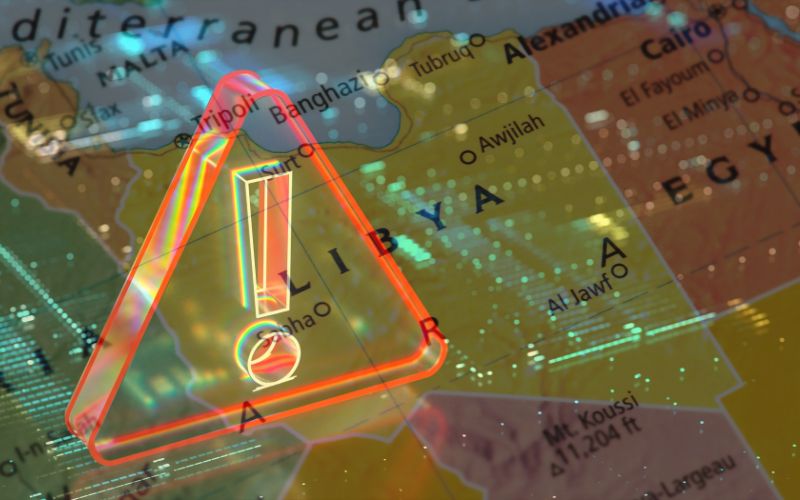
In 2023 Business Insider released a technical report that found Libya one of the most vulnerable countries to cyber threats in Africa, ranking the country 90th globally. Recently, Libya’s oil and gas sector has been significantly impacted by cyber attacks. One notable incident involved the Mellitah Oil and Gas Company, a joint venture in which the Italian energy giant Eni holds substantial stakes.
On April 30 2024, the cybercriminal group known as “RansomHub” orchestrated a sophisticated attack, exfiltrating approximately one terabyte of sensitive data. The stolen data included financial records, geological reports, engineering data and internal correspondence. RansomHub demanded a $50 million ransom to prevent the release of this information.
This vulnerabilities that exist in Libya are attributed to several key factors that make the nation a prime target for cybercriminals. Primarily it’s strategic location and significant oil reserves make an attractive target. Attacks on critical infrastructure, such as the oil facilities can have far-reaching consequences, both economically and politically. Cybercriminals are aware of this and often target Libya to disrupt its vital industries.
However, there are several other reasons behind Libya’s heightened susceptibility to cyber threats:

1. Inadequate Cybersecurity Infrastructure
One of the primary reasons for Libya’s vulnerability is its inadequate cybersecurity infrastructure. The country lacks the necessary technological frameworks and resources to effectively combat cyber threats. This deficiency leaves critical systems and data exposed to potential attacks.
2. Political Instability
Libya’s ongoing political instability has significantly weakened its ability to implement and enforce robust cybersecurity measures. The fragmented government and continuous conflict have diverted attention and resources away from cybersecurity, making it easier for cybercriminals to exploit vulnerabilities.
3. Lack of Cybercrime Legislation
Another contributing factor is the absence of comprehensive cybercrime legislation. Without stringent laws and regulations to deter cybercriminals, Libya remains an attractive target for malicious actors. The lack of legal consequences emboldens cybercriminals to carry out attacks with minimal fear of repercussions.
4. Low Awareness and Education
There is a general lack of awareness and education about cybersecurity among leadership in Libya. Many individuals and organizations are not adequately informed about the risks and best practices for protecting themselves online. This lack of knowledge makes it easier for cybercriminals to launch successful attacks.
5. Economic Challenges
Libya’s economic challenges also play a role in its vulnerability to cyber threats. Limited financial resources mean that both the government and private sector struggle to invest in advanced cybersecurity technologies and training. This financial constraint further exacerbates the country’s susceptibility to cyber attacks.
The solution: invest in IT infrastructure

Libya’s vulnerability to cyber threats is a multifaceted issue stemming from inadequate IT infrastructure, political instability, lack of legislation, low technological awareness, economic challenges and its attractiveness as a target. Addressing these vulnerabilities requires a concerted effort from the government, private sector, and international community to build a resilient cybersecurity framework. By investing in strong IT systems as the basis for implementing security protocols, Libyan companies can better protect themselves against the growing threat of cyber attacks.
Badir IT Services is here to help, just contact us to get a free audit.

